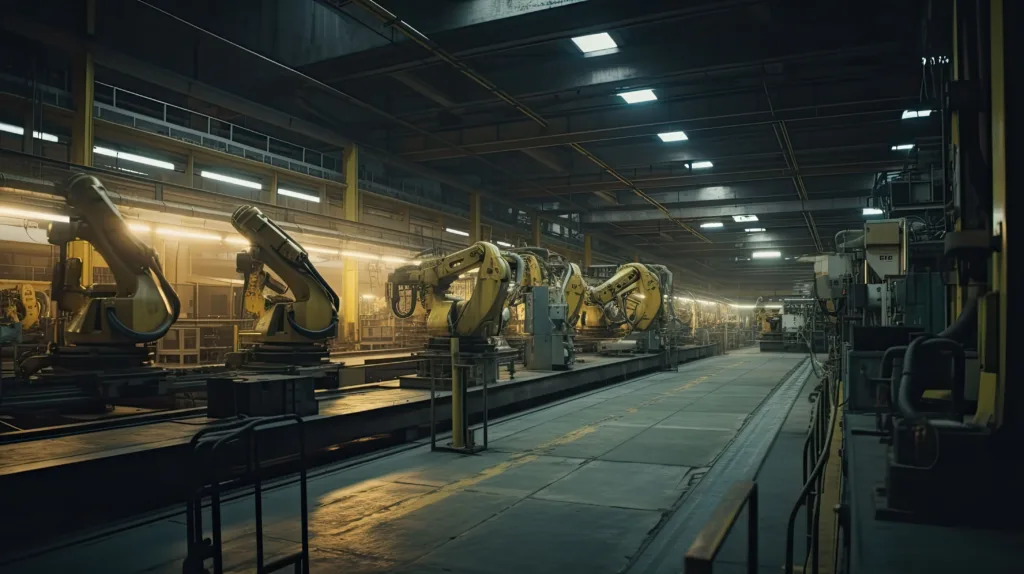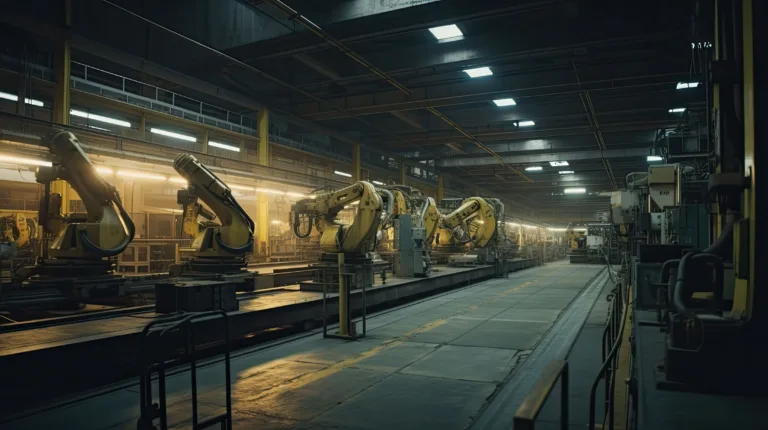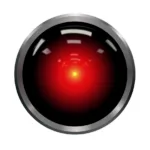
The global job scene is in for a wild ride over the next five years. Brace yourself for some big changes, courtesy of a slowing economy and the rapid adoption of tech like artificial intelligence.
This insight comes straight from the World Economic Forum’s latest report. They’ve done their homework, surveying over 800 companies to get the scoop. The verdict? A mixed bag of job news.
Companies plan to create 69 million new jobs by 2027 but will slash 83 million. That’s a net loss of 14 million jobs, shaving off 2% of current employment levels.
A lot’s going on behind these numbers. The switch to renewable energy is a job-making machine, but it’s not all sunshine and roses. Sluggish economic growth and biting inflation are set to bite into job numbers.
Now, let’s talk about AI. It’s a double-edged sword in the job market. On one hand, companies are scouting for new talent to roll out and oversee AI tools.
Think data analysts, machine learning experts, cybersecurity whizzes – these roles are expected to balloon by 30% by 2027, says the WEF.
But it’s not all rosy. AI’s spread means some jobs are on the chopping block. Around 26 million administrative jobs could vanish by 2027. Data entry clerks and executive secretaries, watch out – your roles are in the hot seat.
Despite all the buzz around tools like ChatGPT, automation’s been taking baby steps in this decade. Businesses surveyed by the forum reckon machines currently handle 34% of business tasks, barely nudging past the 2020 figure.
And guess what? The pace of automation might not be as breakneck as we thought. Back in 2020, employers were betting on 47% of tasks being automated by 2025. Now, they’re dialing back, expecting only 42% by 2027.
Meanwhile, companies are reshuffling their skill decks. They’re now putting a premium on “efficient use of AI tools,” even over traditional computer programming, per the report.
So, the job market’s in for a shake-up. Some roles will bloom, others will wither, but one thing’s for sure: the next five years won’t be business as usual.































